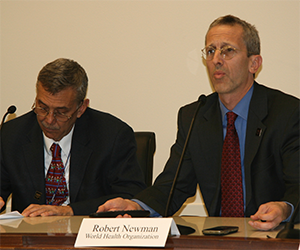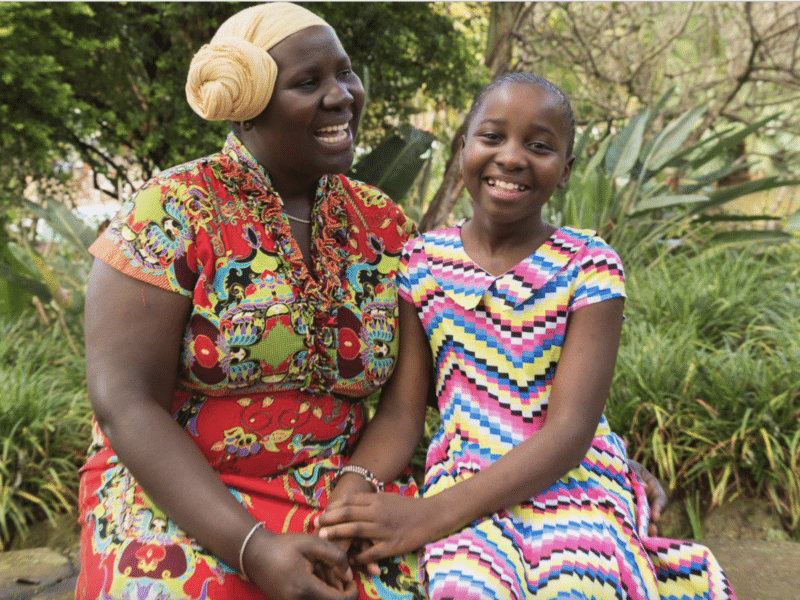On March 17, 2011, CCP’s Voices for a Malaria Free Future program co-hosted a panel session on Capitol Hill entitled “Demonstrated Impact in the Fight Against Malaria: Success through Partnership and Leadership.”
The session, co-sponsored by the Malaria and Neglected Tropical Diseases Congressional Caucus and co-organized in partnership with the Global Health Council and World Vision, brought together a cadre of high-level speakers, including Mr. Abdullah Ali, Director of the Zanzibar Malaria Control Program , to highlight milestone achievements being made in the fight against malaria as a result of US government led efforts.
Speaking to an audience of congressional staffers, malaria experts and advocates, Dr. Robert Newman, Director of the World Health Organization’s Global Malaria Program, highlighted the valuable contributions of U.S. leadership, through both PMI and the Global Fund, and how these contributions are expanding bednet coverage, malaria treatment, and ultimately saving lives.
The President’s Malaria Initiative (PMI), a program initially spearheaded by President Bush, has since been strongly supported by members of Congress on both sides of the aisle. The initiative is not just a diplomatic tool that helps the U.S. make friends in the world, but all global health programs help promote human rights and make the U.S. safer. But these huge benefits don’t cost much. Malaria control is “an opportunity to take a little bit of resources and do mighty things,” Congressman Jeff Fortenberry, co-chair of the Congressional Malaria and NTD Caucus, said at the briefing. His co-chair on the caucus and long-time global health champion, Congressman Donald Payne, stressed, “a little spent [in malaria] goes a long way” – a long way indeed, saving 485 lives every day through cost-effective malaria prevention efforts.
As Congress continues to debate budget cuts, tough choices will undoubtedly have to be made. But, among these choices are U.S. global health programs, which continuously receive bipartisan support, save lives, improve U.S. standing in the world, and contribute to national security, all for less than one percent of the federal budget.
The benefits of strong U.S. investment in malaria control are emblematic in many places in Africa like Zanzibar, which has achieved dramatic reductions in cases in less than a decade, from 34% confirmed cases in 2000 to less than 1% in 2009. Concluding the briefing, Mr. Abdullah Ali, director of the Zanzibar Malaria Control Program, emphasized that the appropriate tools are available, plans are in place, and it’s simply a matter of continuing focus and leadership. “This is not a disease that tolerates slacking off,” added Dr. Newman, “we have to keep our foot on the pedal.”
View more briefings:
Learn more about the Voices for a Malaria-Free Future project.





